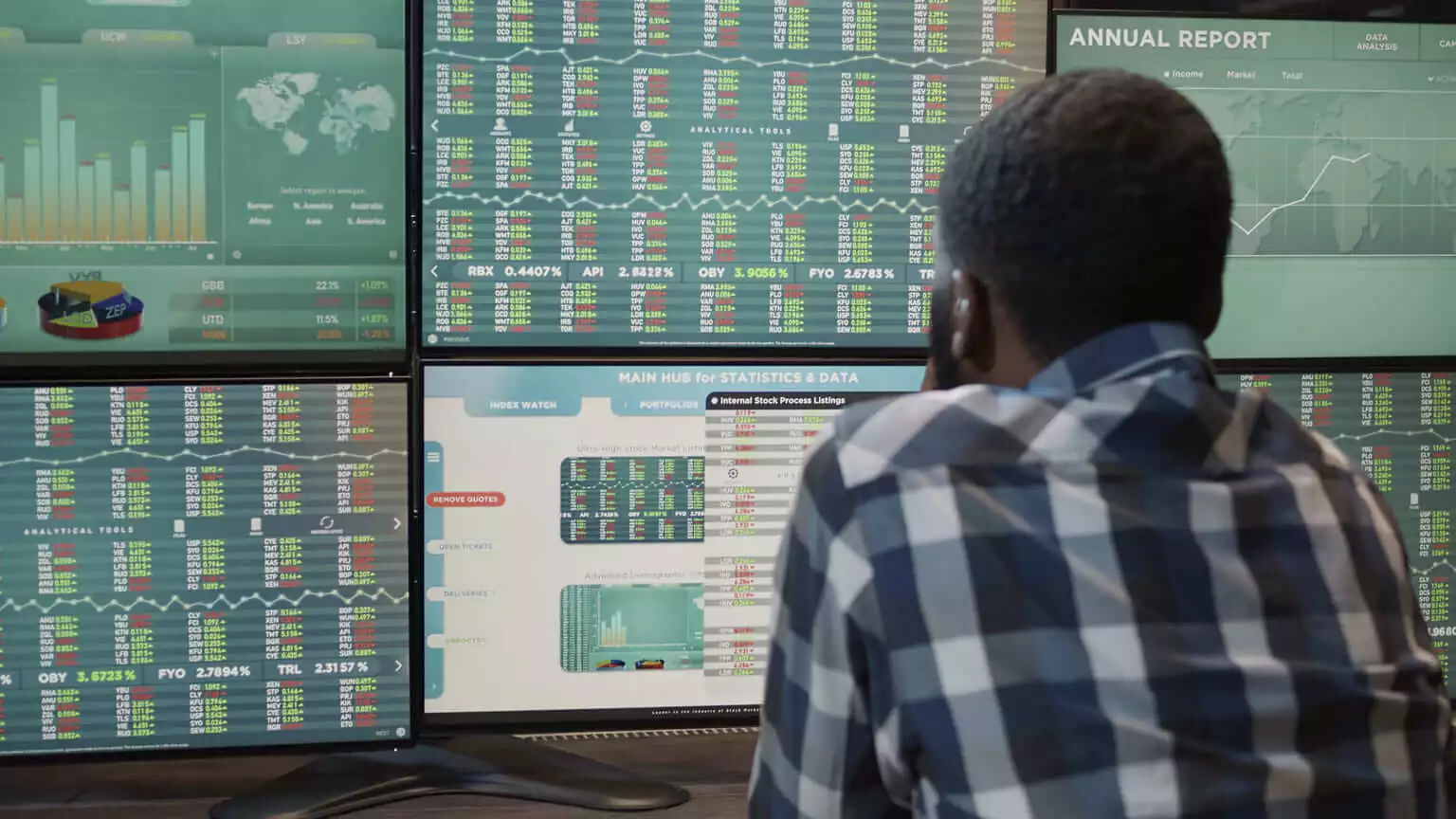The central bank’s official dual mandate is to achieve full employment while maintaining price stability. These days it seems the Fed has an unspoken third mandate of not upsetting weak global economies. The European Central Bank (ECB) and Bank of Japan (BOJ) are facing stagnating economies and the Fed has decided not to upset the apple cart by raising rates at home.
Why? Because if the Fed gets too aggressive for the market’s liking, while the rest of the world is in an easing mode, the dollar strengthens. When the dollar gets bid up, financial conditions tighten. And when financial conditions tighten, stock market volatility increases and earnings become crimped and harder to come by. Fortunately, the ECB’s decision not to continue further stimulus, could be a concerted signal to the United States, that it is OK to raise maybe just a little. We “know” that ‘normalization’ is coming, right? We have to assume this because the prospects of not raising lending rates leaves us vulnerable and unable to lower them when trouble does resurface. We also generally don’t drink the conspiracy theorist tea, but to suggest that the Fed is also tabling rate hike actions until after our elections is not implausible.
Why Yield Matters
Today, changes in yield have an exaggerated impact on the market when there is insufficient earnings growth to support stocks. When bond yields rise amid an acceleration of corporate growth (the historical average being 6%, for example) then everything looks rosy. But when economic growth isn’t there, it’s a problem. Why should an investor put money “at risk” to eke out 2-3% returns at best when one can achieve “riskless” returns of 1.59%? That is why a move from 1.38% to 1.59% on the 10-year Treasury is notable. As a whole, problems in the energy, materials and financials sectors have created a negative earnings situation. Stocks look unappealing and raising rates becomes problematic because then you are just paying people more money to do what they are already feeling compelled to do: fly to the relative safety of bonds.
What we DO know and are seeing at the time this is being written, is that potential rate hikes tend to alter the psyche of utilities/yield investors since yield safety is their number one priority. As you have probably gathered by now, the story is extremely complex and inter-woven. The hope is that energy recovers and that a rate hike might actually boost the earnings of financials, but these factors remain to be seen.
Moving Forward
Our investment models are still signaling a cautious or neutral stance. The U.S. economy is shifting to a late business cycle and Europe’s growth prospects still look weak even after all of their massive stimulus. There has been a recovery in Emerging Markets, due mainly to a rise in oil prices from $40-50/barrel, but it is still too early to return to investing heavily abroad with central banks across the globe simply trying to ensure their currencies are stable and that their populations, albeit not happy, are not revolting. Coupled with the Fed’s expected November/December rate hike, the U.S. election angst and potential inflationary pressures, we are balancing our exposure across asset classes.
Cheers,
Interactive Wealth Advisors


